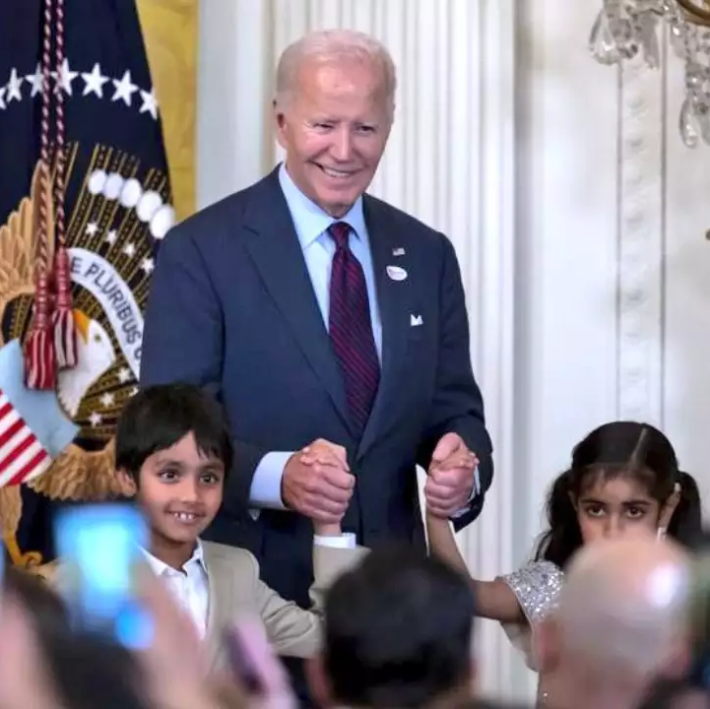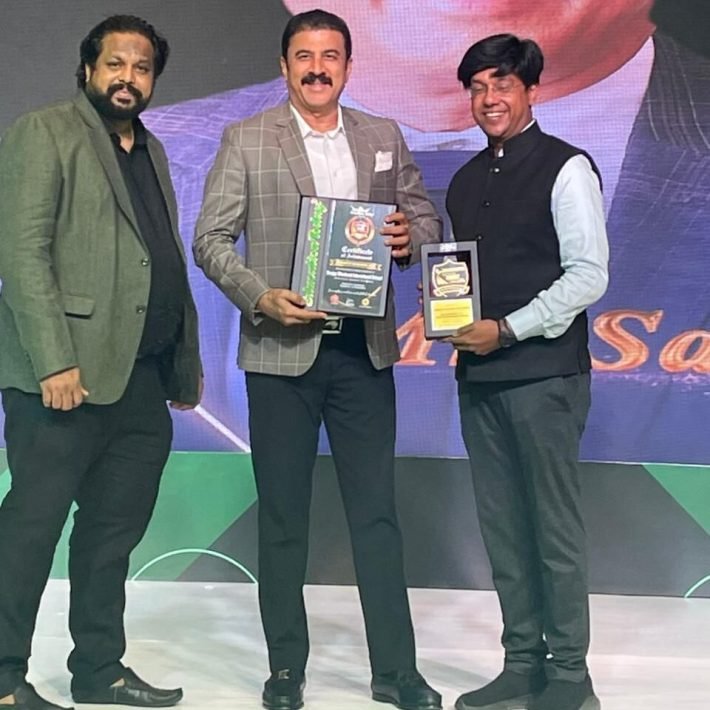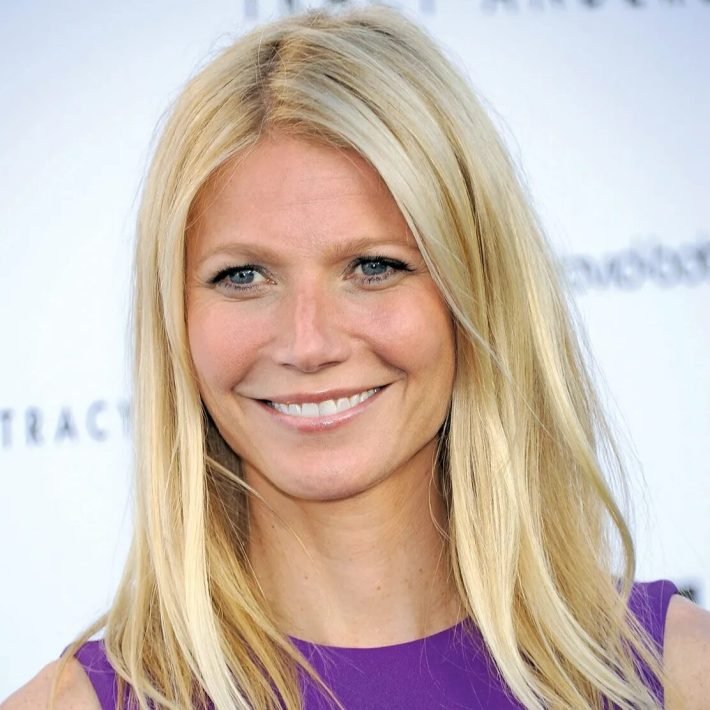A closer look at generation next being groomed by their uncle, business tycoon Ratan Tata, to lead the iconic ₹24 trillion worth Tata group – Leah, Maya, and Neville Tata.
By Nichola Marie
Leah, Maya, and Neville Tata – these young scions of the illustrious Tata group, India’s largest conglomerate, leapt to attention when, in 2022, they were welcomed on the board of Tata Medical Centre Trust, a subsidiary of the illustrious Tata group. The appointment of the three millennials to the board of a Tata philanthropic organisation for the first time marks what is being seen as a significant step towards the development of the 154-year-old Tata group’s next generation of leaders.
With the induction of the three youngbloods, the number of board members in Tata Medical Centre Trust doubled to six. Prior to this, Tata Medical Centre Trust board members included the veterans Ratan Tata, Vijay Singh, and Mehli Mistry. Notably, apart from the Tata Medical Centre Trust, the board members of Dorabji Tata Trust and Ratan Tata Trust are over 60 years of age.
Equally importantly, the move marked the start of the intensive grooming of the three children of Noel Tata for bigger roles in the company. The young trio is being mentored by their step-uncle, none other than the redoubtable Ratan Tata himself, to lead the renowned business empire worth ₹24 trillion.
Learning From The Best
As far as mentors go, they couldn’t have asked for better. A colossus in the business firmament, Ratan Tata is well-known for transforming Tata Sons, a multinational conglomerate, into a global powerhouse. After serving as chairman of the privately-owned conglomerate for more than two decades from 1990 to 2012, the 86-year-old industrialist shifted his focus to other work including philanthropy.

He himself has known the value of learning under the wings of possibly the best mentor to be had – JRD Tata himself. In an interview, Ratan Tata had shared, “I had a terrific mentor in JRD Tata. I remember walking back from the meeting in which I was appointed the chairman when he walked back. In fact, he was my greatest mentor and in the years that he was alive, I used to go into his office and say J, I wish this had happened 10 years ago, we have got such a great relationship. He said, I wish so too.” Elaborating on JRD’s approach, he revealed, “He lent his weight when he had to, example the retirement age. Without his support, I could never have done that. He would explode if he thought something that was being done was wrong. However, on the whole, he was a terrific mentor. He was like a father, brother, gave advice – a terrific relationship and very important, not enough has been said about that.”
Now, we imagine Ratan Tata is operating on similar lines, as he guides generation next to take over the legacy of the Tata group, a conglomerate known equally for its diverse ventures spanning from salt to software, as it is for its philanthropy.
To The Manner Born
Children of Noel Tata and Aloo Mistry, the three young siblings, to whom the baton will pass, are no strangers to the elite business world, their heritage a testament to the family’s deep-rooted commitment to business prowess. Grandchildren of Naval Tata and his second wife, Simone Tata, who herself played a major role in establishing Lakmé Cosmetics and Trent (Westside), their maternal grandfather is Pallonji Shapoorji Mistry, of the eponymous industrial conglomerate and construction company. Their father Noel Tata currently helms the Trent and Tata Investment Corporation as the Chairman. He was inducted as a board member of Tata Medical Centre Trust in 2019. In 2022, he was inducted as a trustee of Sir Dorabji Tata Trust. Noel is also currently working as the managing director of Tata International and as the vice-chairman of Titan Company.
What’s more, the siblings have been already working with various companies of the Tata group, prior to their induction as board members. Unlike the next generation of rival companies, however, their presence in the group has been kept under wraps for a while.
Here’s a closer look at the three future leaders…
Maya Tata

Rumoured to be the one most likely to take over the company whose history stretches back to the 1860s, Maya Tata (34) stays well away from the spotlight. Completing her studies at the prestigious Bayes Business School and the University of Warwick in the United Kingdom, she entered the business arena by joining the Tata Opportunities Fund, an integral subsidiary of Tata Capital. Here, she honed her skills in portfolio management and investor relations, strengthening her understanding of corporate world dynamics. With the closure of the Tata Opportunities Fund, she transitioned to Tata Digital, a subsidiary of the Tata group that focuses on harnessing the potential of the digital realm. The strategic launch of the Tata Neu app, offering users a personalised and immersive shopping experience, highlighted her penchant for embracing new-age technologies to drive business growth. She not only embodies continued hope for the Tata group’s future, but also symbolises the enduring spirit of entrepreneurship that flows in her family’s veins. Guided by her uncle Ratan Tata’s expertise, combined with her passion for new-age analytics and technology, Maya Tata is expected to lead the Tata group into a new era of innovation and growth.

Leah Tata
The eldest of her siblings, Leah Tata (37) completed her education at IE Business School in Madrid. With the exception of a three-month internship with Louis Vuitton in 2010, she has spent most of her professional life working for the Indian hotel industry where she has held positions of leadership. Beginning her career as an assistant sales manager at the Taj Hotels Resorts & Palaces, she gained experience in the sales department and worked her way up to becoming the assistant manager in development. Leah reportedly works as Manager – Development and Expansion at Taj Hotels. She is an integral part of the Indian Hotel Company, which manages and operates the Tata Group of Hotels.
Neville Tata
The youngest of the three, Neville Tata is also a Bayes Business School alumnus. He is currently the head of Trent Hypermarket Pvt Ltd, the parent company that manages various Tata-owned brands like Westside, Star Bazaar, and others. Like his sisters, he has also been actively involved in several enterprises administered within the expansive portfolio of the multinational conglomerate. Neville reportedly does not operate like an owner but as an employee. On the personal front, he is married to Manasi Kirloskar, who was not long ago made Director in her father’s Kirloskar business empire. Their wedding, a low-key ceremony in July 2019, had been held at the Tata’s house in South Mumbai, with Ratan Tata and the rest of the family and close friends in attendance. The couple has a son who has been named Jamset Tata.

The future of the multi-billion-dollar Tata business empire appears to be in safe hands. Ratan Tata would ensure nothing less!
Did you know…?
The three Tata scions – Leah, Maya and Neville – reportedly do not use their last names at work. Even several of their colleagues were not aware that they hail from the illustrious family!
The Tata Medical Centre Trust
The Tata Trusts’ entry into cancer care dates back to 1941, when the Tata Memorial Hospital opened in Bombay (Mumbai) as a ‘beacon of hope for the hopeless’. The management of the hospital was handed over to the Ministry of Health in 1962. In 2012, the Trusts launched the Tata Medical Centre in Kolkata to address the high prevalence of cancer and the lack of suitable facilities in the eastern and north-eastern regions. In 2017, with a vision to transform cancer care in India, the Trusts introduced the Cancer Care Programme. The primary focus of the Programme is to ensure affordable, high-quality care to patients closer to their homes.
The Cancer Care Programme is implementing its novel ‘Distributed Cancer Care Model’ to address the burden of cancer. The model comprises four pillars: i) Access, ii) Quality, iii) Affordability, and iv) Awareness, Early Detection and Palliative Care.
To provide quality care to the last person possible, a step-down model of infrastructure is being implemented. Tata Trusts is setting up a network of cancer care centres comprising day care centres, onco-pathology labs, screening kiosks and hospitals. The Tata Trusts are expanding their network of 20 hospitals across seven states – Andhra Pradesh, Assam, Jharkhand, Maharashtra, Uttar Pradesh, Odisha and Gujarat — through collaborations with state governments and like-minded organisations.
The hospitals are being empanelled with various state and central government insurance schemes to make the treatment affordable.
Prevention, early detection and palliative care efforts focus on down-staging and reducing the cancer burden.











